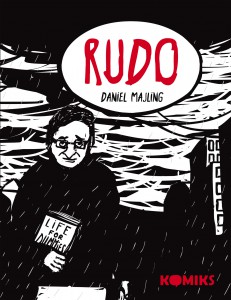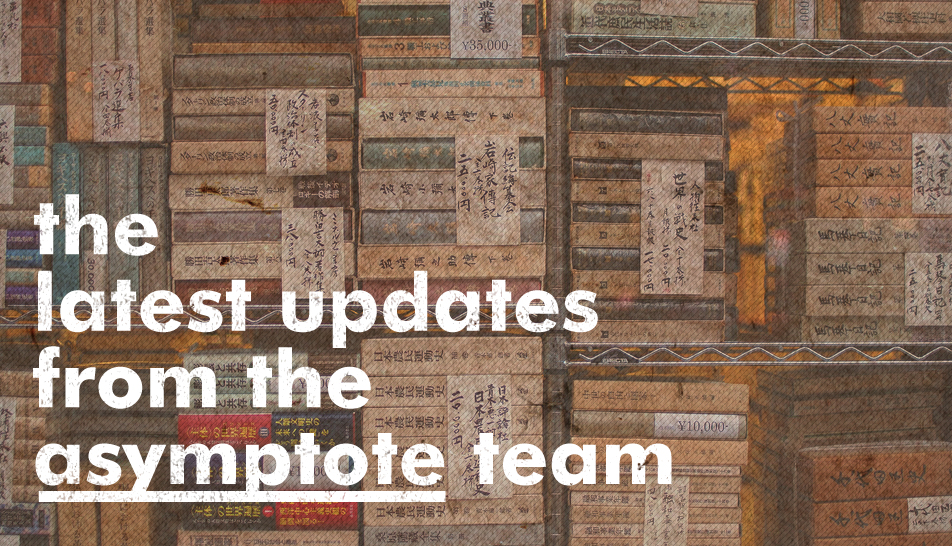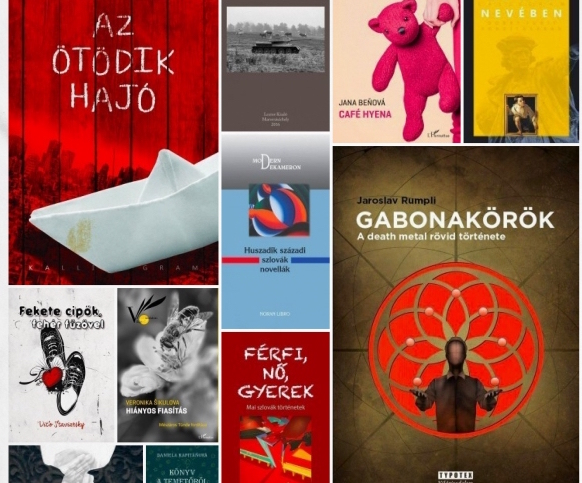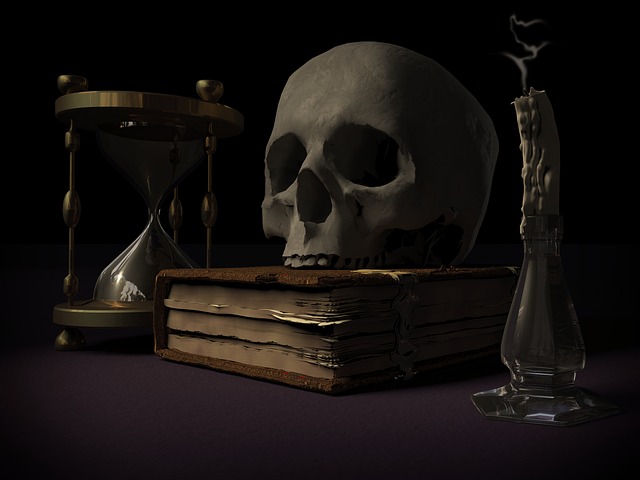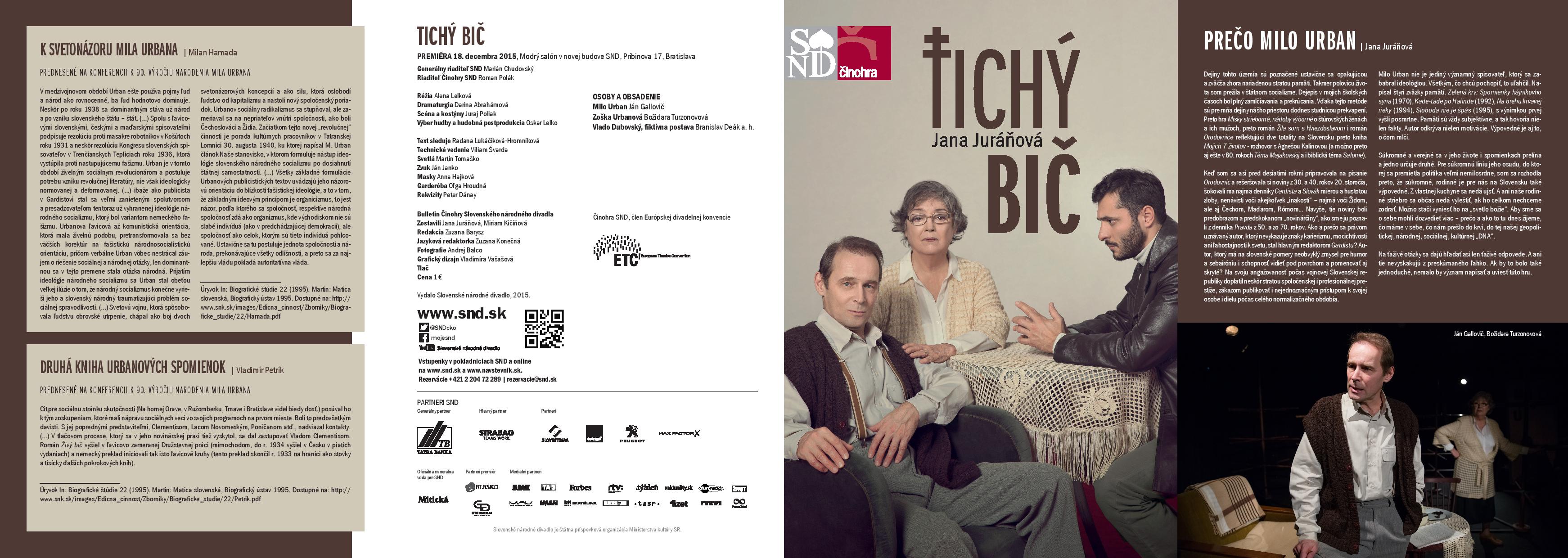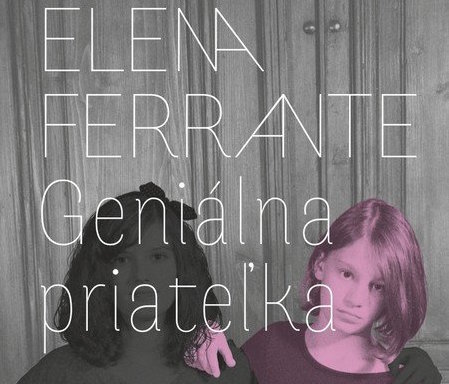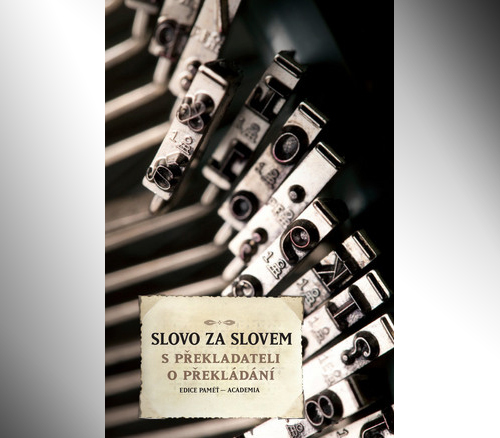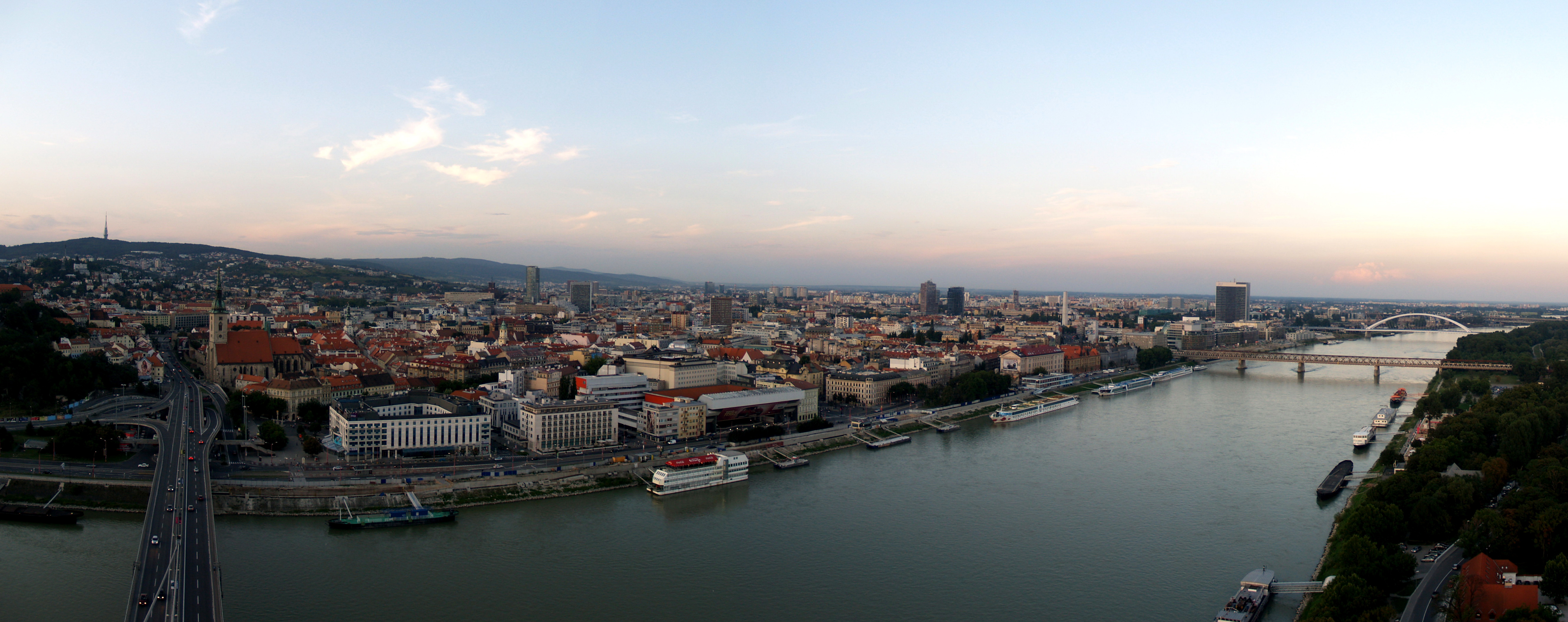Spanish Social Media Manager Arthur Dixon has helped to found Latin American Literature Today, a new online literary journal, with support from World Literature Today! He will serve as its Managing Editor when it launches on January 31, 2017.
Contributing Editor Ellen Elias-Bursać will be part of an evening of readings in translation at Berl’s Brooklyn Poetry Shop on December 17, 2016, presented by Harlequin Creature. Her translation of Dubravka Ugrešić’s brilliant address on receiving the Neustadt International Prize for Literature 2016 has been published on LitHub.
Slovakia Editor-at-Large Julia Sherwood‘s co-translation (with Peter Sherwood) of Uršuľa Kovalyk’s short story “Julia” was published in the latest issue of SAND, Berlin’s English literary journal.
Romania & Moldova Editor-at-Large, Chris Tanasescu, aka MARGENTO, will be launching an anthology of contemporary Romanian erotic poetry in New York together with past Asymptote contributor Martin Woodside. Another contributor to the project is Ruxandra Cesereanu, the primary editor of Moods & Women & Men & Once Again Moods.
Editor-at-Large for India Poorna Swami‘s poetry reading in Bangalore was featured by The Hindu, Metro Plus. Her poem “River Letters” was published in Prelude, Volume 3. She also wrote a blog piece on the politics of social media friendship for The Huffington Post, India. She has been long-listed for the 2017 Toto Awards for Creative Writing (English).
English Social Media Manager Thea Hawlin‘s ‘five-point guide’ to avant-garde artist Yves Klein was published in AnOther magazine.
Chief Executive Assistant Theophilus Kwek placed Second in the Stephen Spender Prize 2016 for poetry in translation, and his translation of Wong Yoon Wah’s poem, ‘Shadow Puppets’, was featured in The Guardian‘s Translation Tuesday series in collaboration with Asymptote. He was also part of recent poetry readings at the Woodstock Poetry Festival and the Pitt Rivers Museum in Oxford.
Indonesia Editor-at-Large Tiffany Tsao has had two translations and a short story published in BooksActually’s Gold Standard 2016—a “best of” anthology of short fiction by cult writers from East and Southeast Asia that aims to counter the tokenistic way Asian writing is often curated in the West.
*****
More Dispatches from the Asymptote Team:



